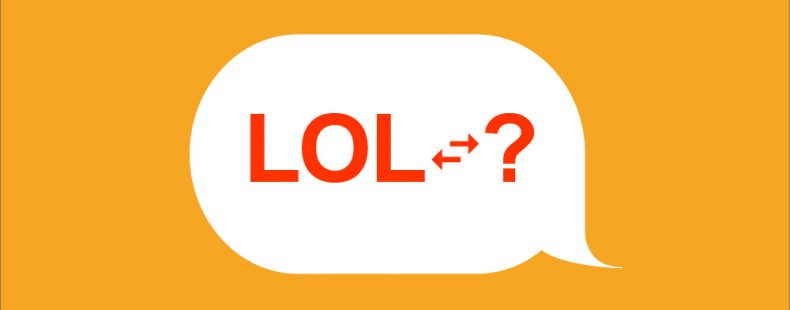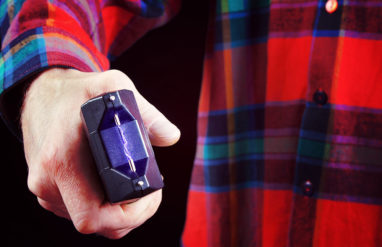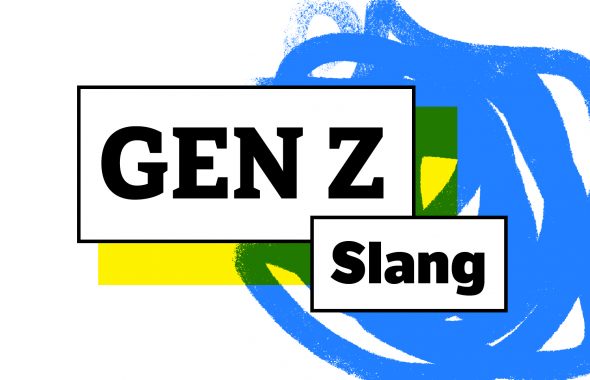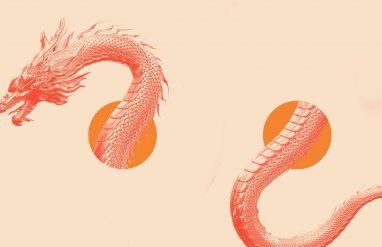LOL and beyond
We can chuckle and chortle. We can snicker and snort. We can cackle, cachinnate, and crack up. We can even guffaw. There are many words to express laughter—and these are just in English.
Perhaps it’s no surprise, then, that there are plenty of ways to show when you’re in stitches on social and in text messages as well. Of course, LOL (or lol) is the classic way to express laughter online. The acronym, standing for laughing out loud, dates back to online message boards in the 1980s. Given its age, however, LOL has since inspired many offshoots.
From internet acronyms like ROTFLOL to the number 555, unique ways to “laugh” using text have always added a little fun to our communications. How many of these LOL synonyms do you recognize?























